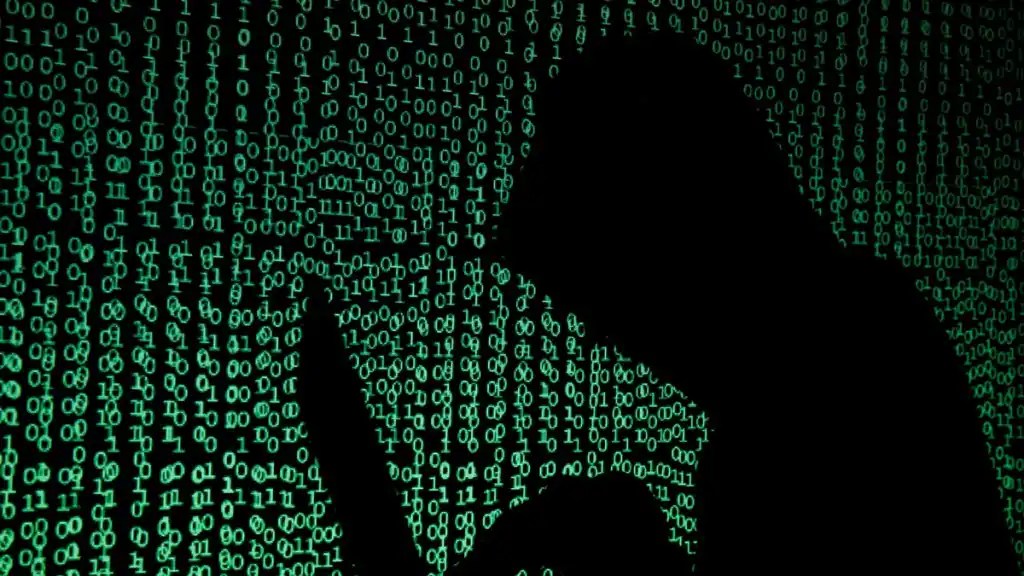A new report from Kaspersky has revealed that nearly 20% of computer users in India faced cyberattacks between July and September 2024. The report shows that over 11 million online threats and nearly 14 million local infections were blocked during this period.
The data highlights that social engineering attacks like phishing and scams remain a major problem. These attacks trick users into sharing personal information or downloading harmful software. In addition to these online threats, local infections from viruses and worms spread through devices like USB drives also continue to be a big concern.
According to Kaspersky’s findings, 18.7% of users in India were attacked by online threats, and 19.9% experienced local infections. India ranks 89th in the world for online threats and 90th for local infections, showing that the country faces significant risks when it comes to cybersecurity.
One of the most dangerous threats seen in the report is file-less malware, which is hard to detect. This type of malware doesn’t leave traditional traces on a computer and can continue running without being easily noticed. Attackers also took advantage of weaknesses in web browsers to harm users when they visited unsafe websites.
The report also found that India itself is hosting a large number of cyberattacks, with local servers responsible for nearly 2 million incidents. This puts India in 15th place worldwide for cyberattacks originating from its own networks.
Experts from Kaspersky urge Indian computer users to be extra cautious, as cyberattacks are becoming more advanced. In addition to using antivirus software, they recommend setting up firewalls, controlling access to removable devices like USBs, and staying alert to phishing scams.
As cyber threats continue to grow, it’s important for users to take extra steps to protect themselves from attacks.








